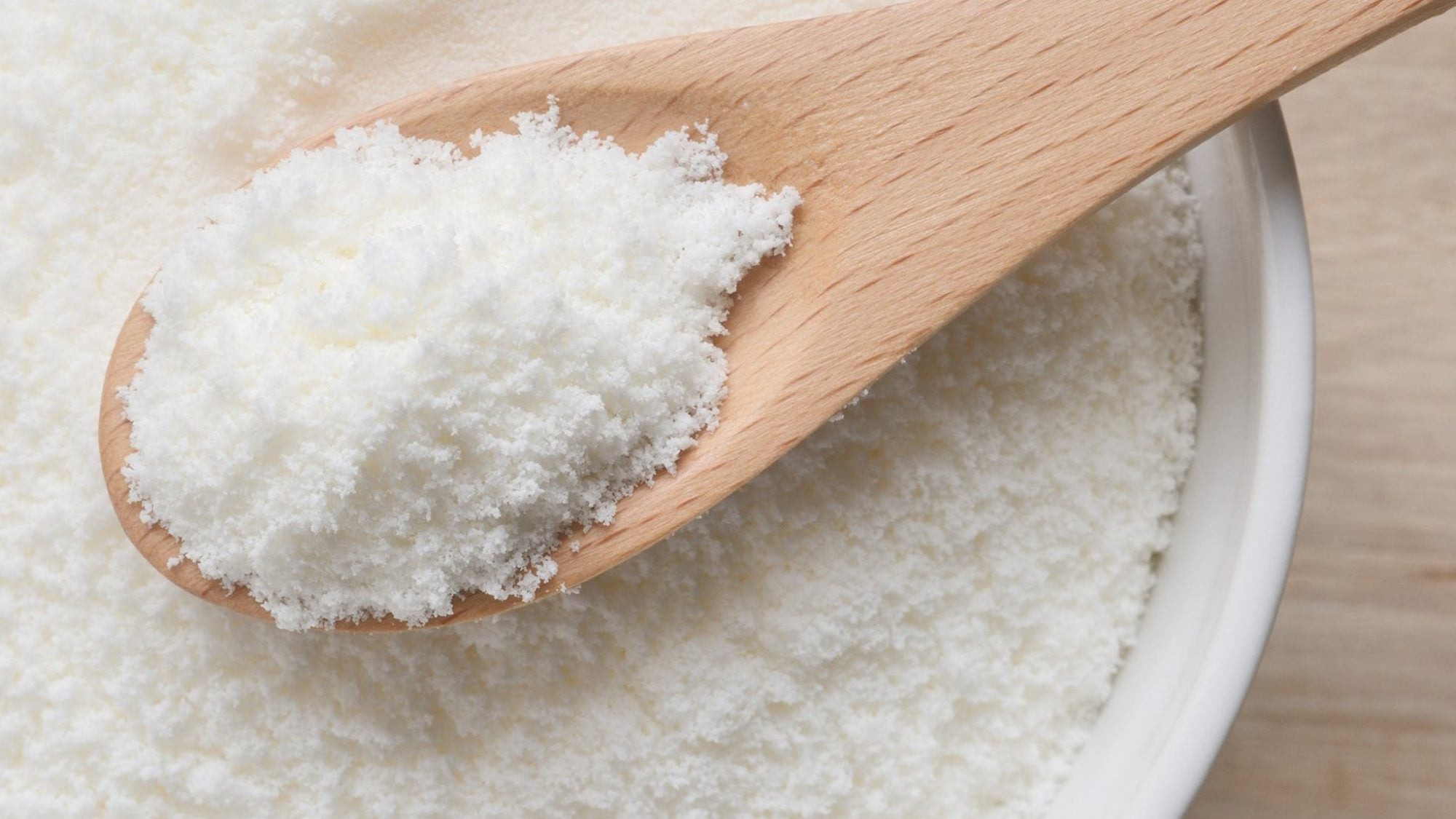Collagen and Immune Health: Does Collagen Boost Your Immune System?

But what about your immune system?
It stands to reason that collagen, the most abundant proteins found in all mammals, could boost our immunity and protect us from diseases.
But how exactly? And which ailments can collagen protect us from?
Here's an overview of what collagen is, its health benefits, and two ways it can boost your immune health.
What is Collagen?
Collagen is found in the bones, cartilage, and connective tissue of the human body. In fact, it is the single most abundant form of protein in our bodies [1].Collagen is commonly viewed as the "glue" that holds us together. Our muscles, tendons, ligaments, organs, and even blood vessels are weaved together with these proteins.
Without them, we wouldn't exist. And if they weren't as strong and durable as they are, we wouldn't be able to do many of the things we take for granted.
Not all collagen proteins are the same, though. We'll look at their various functions in the next section.
What are the Different Types of Collagen?
There are 16 different types of collagen in the body [2]. But the majority of those (over 80%) comes from type I, II, and III collagen fibers.Here's a brief description of what each type does for your body:
- Type I: More than 90% of your body's collagen is made of type I fibers. These densely-packed fibers allow our body's tissues to be stretched without being broken. Collagen is the main reason our skin and other organs stay structurally sound, which is a major benefit.
- Type II: This is the major protein found in cartilage, another form of connective tissue that reduces forces on our joints and enhances bone resilience [3].
- Type III: This type provides support for the muscles, organs, and blood vessels.
What are the Benefits of Taking Collagen?
Taking collagen has been shown to increase skin health, reverse or reduce the effects of aging, and speed up healing for wounds and other injuries.Here's a bit more on each benefit:
- Improved skin health: Taking an oral collagen supplement has been shown to boost your skin's hydration levels, elasticity, and density. The skin is the largest organ in your body and protects your internal organs from harmful foreign objects, so these are all major benefits for overall vitality [4].
- Anti-aging: The first benefit parlays into this one, seeing that dehydrated, unhealthy skin tends to wrinkle faster. But it's important to note that as the body ages, collagen production naturally begins to decline [5]. (This is what leads to aesthetic skin changes in the first place.)
- Wound healing: Cuts, scrapes, and even internal injuries can heal faster if they have plenty of raw materials. Or at least that's what a 2015 study surmised when they called collagen the "material of choice" for speeding up the healing of wounds [6].
- Improved immune system health: Think of all the organs that collagen is responsible for holding together. Your skin and kidneys, sure. But also the organs and tissues responsible for keeping you disease-free, such as your gut.
Without collagen, there would be no networks through which white blood cells and other disease-fighting cells could travel.
How Does Collagen Consumption Impact Immune Health?
Taking collagen can help improve your immune system in at least two different ways.Autoimmune Disorders
Sometimes when the body gets sick, cells can mistakenly begin to attack or damage themselves. This is called an autoimmune disorder.What exactly causes autoimmune disorders isn't yet clear, but there are many different ones, including arthritis, type 2 diabetes, and scleroderma (hardening of the skin) [7].
Often, an autoimmune disorder attacks or affects one specific organ or area of the body, such as the skin (scleroderma) or arthritis (joint pain).
Because collagen contributes to the strength and resiliency of all human tissues, it might be able to help slow down the damage being done to cells.
This is a big deal, since many autoimmune disorders are treatable or even reversible with lifestyle modifications, such as diet or exercise.
For example, eating an anti-inflammatory diet (such as the ketogenic diet) has been shown to reduce the effects of arthritis [8].
Leaky Gut Syndrome
A 2017 study found that taking collagen peptides (an oral supplement) can slow down the negative effects of a digestive condition known as "leaky gut" syndrome [9].Leaky gut syndrome (LGS) means that the lining of your intestines thins out (due to poor diet and other health concerns), causing bacteria and other foreign objects to permeate your microbiome (a large part of your immune system—billions of tiny bacteria live here and keep your body healthy) [10].
LGS can lead to a host of autoimmune disorders, including fatigue, obesity, and even mental illness [11].
What are Ways to Incorporate Collagen into your Diet?
There are three ways to add more collagen to your diet:- Oral supplements: Collagen peptides or collagen protein powder are becoming increasingly popular as supplements. You can add them to tea or coffee, cook them into a soup, or mix them with water.
- Eat more collagen-rich foods: Bone broth, chicken, fish, eggs, leafy greens, and garlic are all rich sources of natural collagen. Adding more of these foods to your diet gives your body more of the "raw materials" it needs to keep its tissues strong and healthy.
- Apply a topical cream: If you're mostly after the skin health and anti-aging benefits, there are numerous creams on the market that contain collagen in them. Often they specify which type of collagen it is, so look for one with type I in it.
Collagen and Immune Health
In more ways than one, collagen can boost your immune system. In general, it's a healthy thing to include in your diet, as more than 80% of all your tissues are composed of it.The body's collagen naturally declines as it ages, but you can use a supplement, apply a cream, or simply make an effort to eat more collagen-rich foods to reap the benefits of it.
Take note of the fact that most of the autoimmune disorders listed can also be treated or managed with better lifestyle choices. So along with taking collagen, it may also be a good idea to consider the keto lifestyle or to be more active.
-
Posted in
Authority Article, Collagen, Nutrition, Nutrition Article




